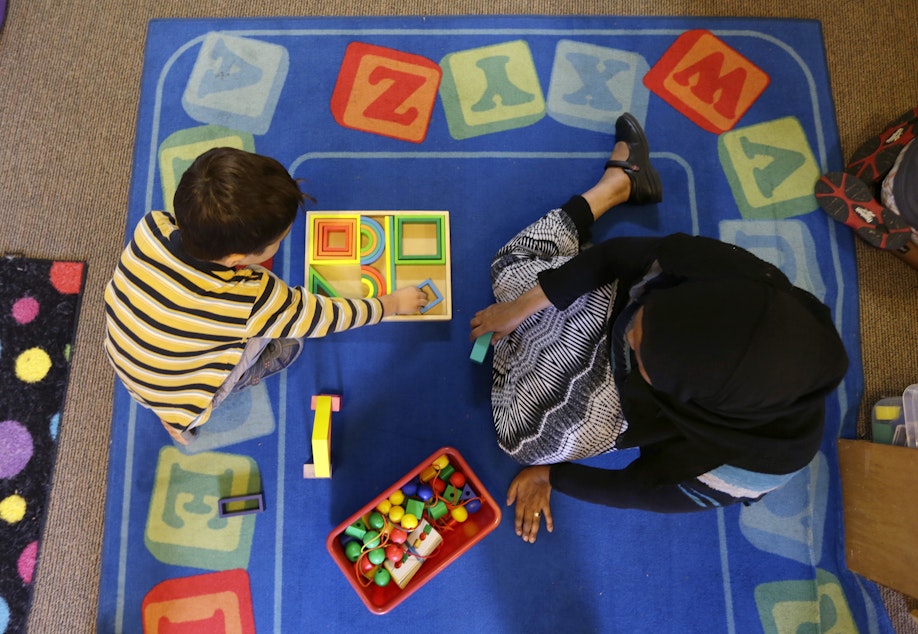Fewer people are having kids. But what led them to make that choice?

Declining birth rates have set off alarm bells for economists and world leaders, who have tried to reverse the trend through "pro-natalist" policies. But deciding whether to have children often comes down to one thing — happiness.
Will having kids make you happy? Does reproducing add to your overall well-being?
KUOW's Libby Denkmann posed this question to Dr. Stephan Blanford of the Children's Alliance, Dr. Amy Blackstone of the University of Maine, and Dana Guy of PEPS, a Seattle-based nonprofit that offers resources and support to parents.
A recent study in The Lancet predicted plunging birth rates will mean that by 2050, three-quarters of countries will be producing too few new humans to replace their populations.
After rising for centuries, Earth’s human population is expected to peak in the next 40 or 50 years.
While some environmentalists are optimistic about this shift away from overpopulation fears of the 20th century, countries with advanced economies around the world — Taiwan, South Korea, Russia, Germany, Italy and many more — see disaster on the horizon.
They’re adopting “pro-natalist” policies to try to encourage citizens to reproduce and stave off economic decline.
But policies to try to encourage fertility generally haven’t worked. Even Scandinavian nations, renowned for their generous social spending, are seeing falling birth rates.
Throughout history, better access to contraception and greater educational and economic opportunities for women generally correlate with people having fewer kids.
But today, for many people of child-bearing age, it comes down to the simple calculus of whether they believe having kids will make them happy.
Listen to the full conversation by clicking the play icon at the top of this story.


